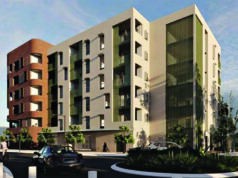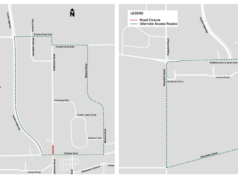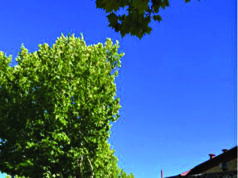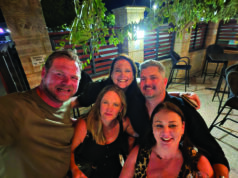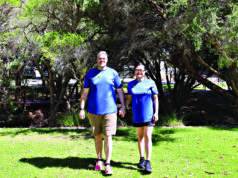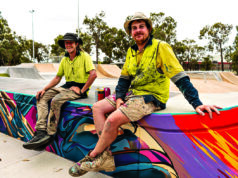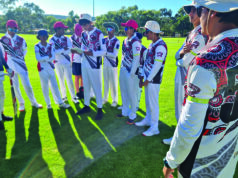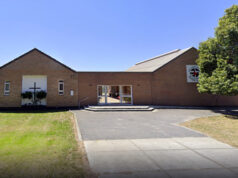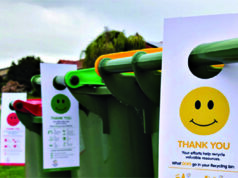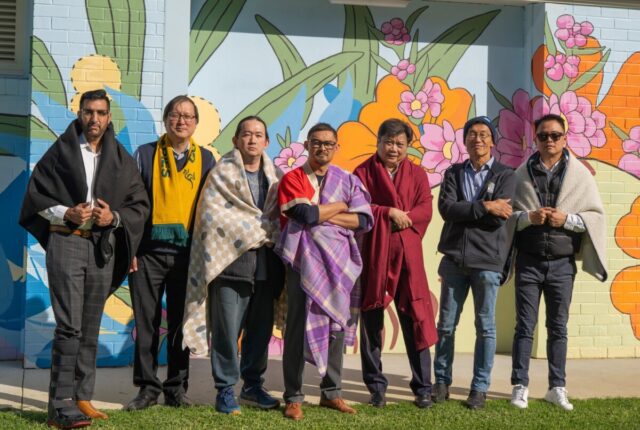
Fredy Namdin didn’t expect one night on the street to change how he saw the world.
But when he laid down on the cold concrete during last year’s CEO Sleepout, everything switched.
“My experience last year opened my eyes to just how tough it is to sleep on the street,” the Southern River resident said. “It’s not just punishing physically but also devastating mentally.”
He thought it might feel like camping. Instead, as the night wore on and the temperature dropped, Fredy felt his thoughts spiral.
“My mind started to ramble. Waves of negativity flooded my mind; it felt as if I was sinking into poverty, feeling helpless, powerless, vulnerable, exposed, and even angry at the unfairness of it all.”
Questions crept in for Fredy. “What if this became my real life? What if I got sick? What would others think of me?”
“And that was just one night,” he said.
Fredy is one of 91 WA leaders preparing to sleep rough on June 26 at Optus Stadium for the annual Vinnies CEO Sleepout. More than 1500 CEOs, executives and business owners across the country have signed up to spend the night outside to raise money for people experiencing homelessness.
He said he’s doing it again because he wants to be part of a bigger solution.
“There’s only so much I can do on my own to support people experiencing homelessness,” he said. “Participating in the CEO Sleepout gave me the opportunity to join forces with other people to raise awareness and fundraise for this important cause.”
Fredy believes one of the biggest problems is how easy it is to assume homelessness isn’t happening, especially in communities like his.
“Homelessness isn’t always immediately visible,” he said. “Unless you spend time in certain areas, you might rarely see people sleeping rough.”
In reality, many people without a home go to great lengths to stay hidden, often driven by shame or fear. Fredy said he’s occasionally heard of people quietly camping in bushes within suburban areas.
That invisibility, he warned, leads to complacency. “We overlook the growing challenges brought on by rising living costs, especially skyrocketing rents.”
The idea that homelessness could never happen to the average person is another false belief he hopes to break.
“Homelessness is often triggered by circumstances that can affect anyone,” he said. “A single injury, the loss of a job, a relationship breakdown, or the death of a loved one.”
“We hear stories of people who used to work in big corporations or owned businesses, and then became homeless because of one bad luck or one bad decision.”

He also challenged the idea that people without homes just need to find a job.
“The main damage that homelessness does is not physical, it is psychological,” he said. “The constant lack of sleep, ongoing fear, and overwhelming feelings of hopelessness can create a cycle of self-destructive thinking. Without support to break free, it becomes nearly impossible to find and hold a job.”
Fredy said he appreciates the efforts the government has made, but believes everyone has a role to play. “Each of us, in our own small way, can make a meaningful difference. Every little bit helps.”
That same sense of empathy helps him understand why some people continue sleeping outdoors even when shelter is offered.
“After extended periods sleeping outdoors, the idea of sleeping inside can feel completely unfamiliar,” he said. “Homelessness can reshape a person’s mindset to the point where they no longer feel connected to mainstream society.”
Fredy believes the best approach to addressing homelessness is through prevention and early intervention. Both rely on community and stability.
“A strong support network is vital. Nurture relationships with friends and family, or get involved in a local community group; don’t try to go it alone,” he said.
He also stressed the importance of financial resilience. “When that unexpected event occurs, you may need time to recover, often without any income. Having savings set aside can help you get through this vulnerable period.”
He sees events like the CEO Sleepout as a powerful way to support organisations that already know what works.
“Vinnies offer food, shelter, and programs that help people transition out of homelessness,” he said. “The CEO Sleepout is a great example of how we can unite to support these programs and make a meaningful impact.”
As winter closes in, Fredy hopes the cold weather reminds people that homelessness isn’t just someone else’s problem.
“These underlying problems don’t just impact us today, they will affect future generations as well,” he said. “Encourage your children to engage with their communities. Help them develop the character and habits needed to secure stable jobs and save for the future.”
For Fredy, this second Sleepout is about doing what he can to help, no matter how small.
“There’s no easy fix, but each of us can contribute in our own way. Every effort makes a difference.”
The 2025 CEO Sleepout WA will be held on June 26 at Optus Stadium. Fredy’s fundraising page can be found at ceosleepout.org.au/fundraisers/fredynam



